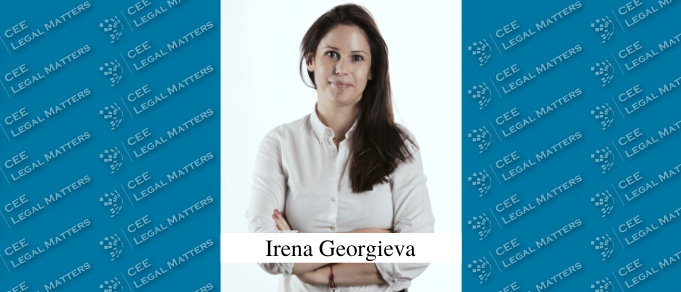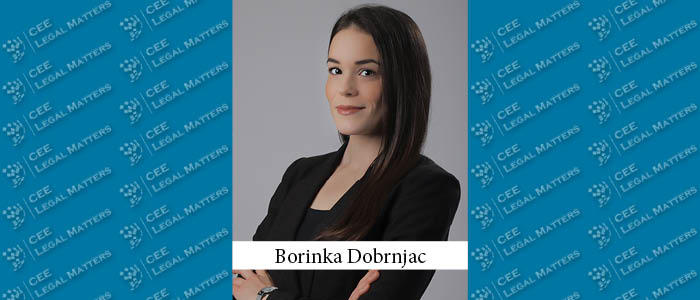Given the growing emphasis on sustainability and responsible business practices, obligations in the field of ESG are becoming increasingly significant. The banking sector is emerging as one of the key players in this transformation, with evolving regulatory frameworks influencing its operations.
Cyber Fraud Cases and Methods Increase During Periods of Uncertainty. What Are the Steps To Follow If You Have Been a Victim of the New Smishing Attacks?
The White-Collar Crime Department of the law firm Musat & Asociatii, having a wide expertise in cybersecurity and in providing legal assistance and representation in complex cases involving cyber fraud, informs its clients and the general public about a newly emerging method of smishing (phishing via mobile phone messaging) in virtual space., which involves perpetrators targeting messaging and calling platform accounts (e.g. WhatsApp) with the intent of compromising and cloning them to commit various crimes.
GDPR Fines and Data Breach Trends in the CEE Region
The latest DLA Piper GDPR Fines and Data Breach Survey provides a comprehensive overview of data protection enforcement trends across Europe, including the Central and Eastern European (CEE) region. CEE countries are in the mid-range in terms of total GDPR fines imposed since the regulation became applicable in 2018 and for last year, but enforcement activity is steadily increasing. Here are the latest trends and legal developments in Austria, the Czech Republic, Hungary, Poland, Romania, and Slovakia.
The Court vs. "Mr." and "Mrs."
By judgment from 9 January 2025 in Case C‑394/23 the Court of Justice (CJEU) rules that the processing of personal data relating to the title of the customers of a transport undertaking is not necessary and might even be not legally grounded.
Nearly EUR 6 Billion in Fines Since the GDPR
In 2024, EU data protection authorities imposed a total of EUR 1.2 billion in fines. This brings the total value of fines to EUR 5.88 billion since the GDPR became applicable, DLA Piper's latest report reveals.* The technology sector has been hit the hardest, with data protection focusing on managerial responsibility and privacy issues in AI tools.
Unauthorized Monitoring of Employees’ Email – A Case from Italian Practice
This article analyzes the Decision of the Italian Data Protection Commissioner (“Commissioner“) No. 472 of July 17, 2024 (“Decision“), which concerns the monitoring of employees’ official computers and emails, and the protection of personal data in accordance with Italian regulations and the General Data Protection Regulation of the European Union, which was adopted on April 14, 2016, and came into force on May 25, 2018 (“GDPR”).
DPO and Representative – Personal Data Protection
Although more than six years have passed since the adoption of the new Personal Data Protection Law (the “Law“), there are still practical uncertainties about when data controllers and processors must appoint a Data Protection Officer (DPO). Additionally, many foreign data controllers and processors subject to the Law have yet to fulfill their obligation to appoint a representative for personal data protection. This lack of compliance makes it harder for individuals to exercise their rights when it comes to the processing of their personal data.





















